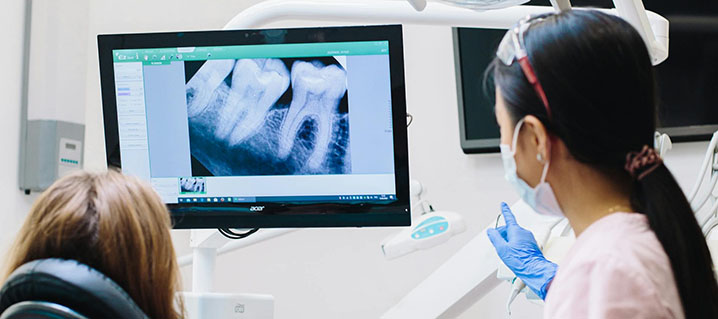Dental sedation: What treatments?
7 October 2021
6 min read
By Dr. Robert Chaffe White & Co.
SEDATION DENTISTRY
Where we do use sedation, it is for longer and bigger procedures such as the bigger implant cases.
Or it can be for extractions. We can use it for any procedures in theory.
With smaller procedures, we generally try to avoid sedation because it can actually make them more difficult to carry out.
Dental sedation for relaxation
Sedation also has an added benefit for patients who suffer with a gag reflex.
At the right levels, sedation suppresses the gag reflex completely, which can make things easier.
So the patient will not gag and they also won’t remember the procedure anyway.
The suppression of the gag reflex can be another reason for using sedation.
DENTAL SEDATION IN LONDON
I find dental sedation is less popular in London because patients can’t do anything for 24 hours afterwards.
Patients have to go home – and take time off work – for 24 hours after treatment.
So if, for example, you book your procedure for the afternoon, you have to take the following day off work.
Dental anxiety medication
So nowadays, we find we perform less dental sedation.
It’s now more about positive reinforcement and encouragement.
We are empathetic and reassure the patient.
FEAR OF THE DENTIST
I think, historically, dentistry had a bad reputation and there used to be an idea that the patient would “sit down and shut up” while the dentist got on with it.
Those days are over.
So it’s really important to tell people that, actually, nowadays the patient is obviously very much involved in every aspect of their treatment.
Often, people have had a bad experience as a child and that bad feeling is ingrained.
Dental IV sedation drugs
It’s about trying to reassure patients that, even though they may have had a bad experience 20 years ago, in the current climate that would simply never happen again.
We try to educate patients and help them to feel comfortable that they can avoid going down the drugs route.
So it can be about avoiding sedation and trying to understand why the patient is anxious – and then working together to prevent the anxiety.
And, if not, that’s fine too.



